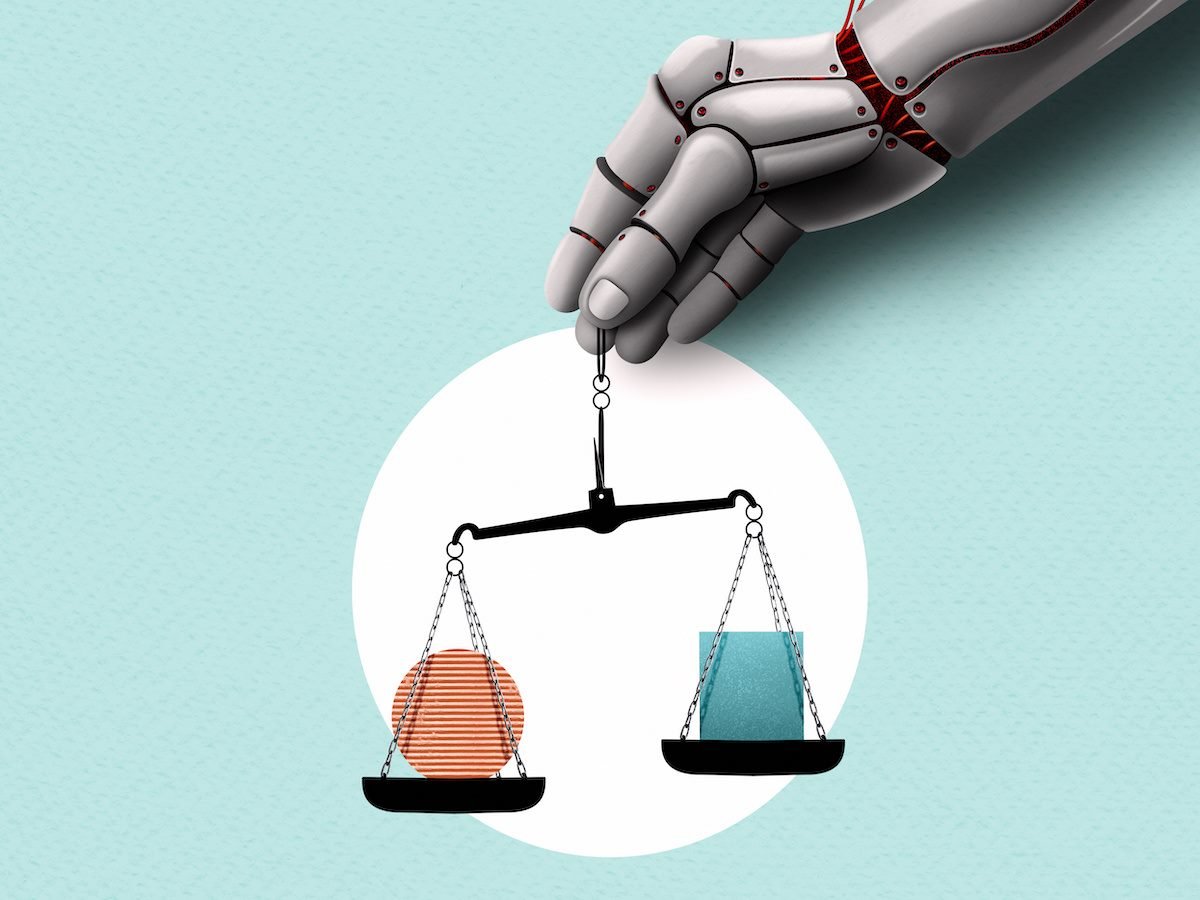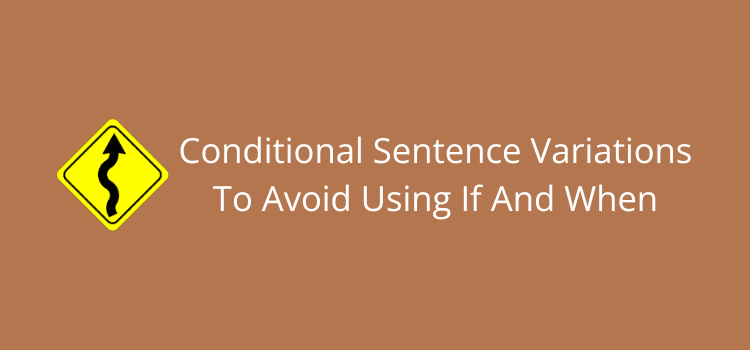“Unveiling the Hidden Struggles: 7 Emotional Burdens of Those Who Grew Up Too Fast”
Maybe you had younger siblings relying on you, or you felt pressure from a parent who needed you to be more mature.
Perfection became the goal because errors didn’t feel like simple learning experiences; they felt like life-altering failures.
By the time adulthood rolls around, this can lead to self-sabotage.
You push yourself so hard to meet impossible standards that the fear of failing can stop you from trying altogether.
I’ve definitely put off writing a new chapter for a book or launching a new project because I was so afraid it wouldn’t be “perfect.”
Overcoming self-sabotaging perfectionism often involves practicing self-compassion.
Brené Brown’s research on vulnerability has shown that accepting imperfection is key to authentic connection—with yourself and others.
I’ve learned to set more realistic benchmarks, celebrating small achievements instead of waiting for some elusive 100% flawless outcome.
3. Fear of Vulnerability
For those of us who grew up in environments where we had to be the “rock” in the room, showing emotional cracks felt risky.
If we got too sad or too angry, it could throw the entire household off balance or add to the stress.
As a result, vulnerability starts to look like a weakness instead of a basic human necessity.
When I reached adulthood, I noticed I had trouble opening up.
Letting people in felt like losing control, and I associated control with emotional safety.
The irony is that shielding myself this way made it harder to form meaningful relationships.
Over the years, I’ve discovered that vulnerability is actually a sign of emotional strength, a willingness to take interpersonal risks because you value authentic connections.
Practice by sharing small pieces of your inner world with someone you trust—be it a friend, a coach, or a therapist.
If the outcome is positive, it can reinforce the idea that vulnerability is a bridge to understanding, not a trap door to pain. It takes time and patience, but it’s worth every step of the journey.
4. Identity Confusion
When your childhood revolves around grown-up problems, you often miss out on the usual explorations that shape identity.
Maybe you wanted to play in a band or join a sports team, but financial or family obligations forced you to get a job instead.
As adults, this can leave us asking: “Who am I, really, when I’m not fulfilling someone else’s needs?”
I’ve gone through my fair share of identity crises, especially when I retired from competitive sports. My entire sense of self was tied to athletic achievements.
When that label was gone, I felt I had nothing left to show.
Over time, I realized I’d never given myself room to explore other interests in a low-stakes environment.
If you feel stuck, experiment with different hobbies, interests, or social circles.
Dr. Carol Dweck’s work on growth mindset underscores the power of believing you can expand your skills and identity. Embrace the idea that you’re a work in progress and that it’s okay not to have all the answers right away.
5. Difficulty Resting or Playing
When you grow up quickly, the “fun stuff” can feel like a luxury you can’t afford.
You might have taken on grown-up tasks—cooking dinner for siblings or paying bills—at an age when your peers were out riding bikes or playing games.
This serious approach to life tends to follow you into adulthood, making relaxation and playfulness feel unnatural or even guilt-inducing.
I used to struggle with taking a simple day off.
My to-do list always loomed over me, and I felt like I was wasting time if I wasn’t being “productive.” It wasn’t until I recognized rest as a form of self-care and efficiency booster that I allowed myself to hit pause.
Playing doesn’t have to be a grand adventure; it can be something as simple as doodling in a journal or dancing to your favorite music.
The important part is that you give yourself permission to enjoy things without turning them into another performance metric.
Believe me, an afternoon spent doing nothing but laughing can recharge you more effectively than a weekend spent half-heartedly pushing through tasks.
6. Overdeveloped Sense of Responsibility
One common theme among people who grew up too fast is the compulsion to manage everyone else’s emotional or practical needs.
When you’re used to stepping into a caretaker or mediator role early on, you almost feel uneasy if you aren’t “handling” things. It’s as if your mind is perpetually scanning for the next crisis or problem to solve.
This overdeveloped sense of responsibility can cause burnout, because it’s simply not possible to stay in crisis mode indefinitely.
I’ve been there: saying yes to everything and everyone until I was so spread thin, I could barely keep up.
Sometimes, stepping back feels like the hardest thing to do because it can trigger guilt.
The solution?
Start small. Delegate minor tasks or politely decline a favor you know you can’t take on.
Remind yourself that other people are capable of handling their responsibilities.
It doesn’t mean you don’t care; it means you’re preserving your mental health, which benefits everyone in the long run.
7. Struggle With Trusting Others
Lastly, when you’ve had to rely primarily on yourself during crucial formative years, trusting others can be a big leap of faith.
You might be used to being the “strong” one, the one who fixes the situation.
Letting someone else take the wheel can feel like walking a tightrope without a safety net.
As an adult, this can translate into issues with teamwork at work, reluctance to delegate, or problems in romantic relationships because you can’t fully open up.
I’ve had to practice letting go of control in small increments—like allowing a friend to plan a trip or letting a colleague handle a project from start to finish.
Each successful instance of relying on someone else strengthened my belief that people can show up for me just as I’ve shown up for them.
It’s not an overnight fix, but taking baby steps can gradually erode that deep-seated distrust. With time, you begin to see that collaboration and shared responsibility can lift a huge weight off your shoulders.
Conclusion
If you see yourself in these emotional burdens, please know you’re not alone.
Many of us had to face adult responsibilities as children, and while that experience can make you incredibly resourceful and resilient, it also leaves emotional imprints that aren’t always easy to spot.
Recognizing these patterns is a powerful first step in healing.
I’ve found it helpful to focus on small, consistent changes—like allowing myself breaks, opening up to trusted friends, or reminding myself that perfection isn’t the goal.
Each small shift is a building block toward greater self-awareness and emotional freedom.
Over time, these small acts can create a profound ripple effect, leading to healthier relationships, increased self-compassion, and a more balanced life overall.
Ultimately, healing the parts of us that grew up too fast lets us move forward with a newfound sense of wholeness and hope.












